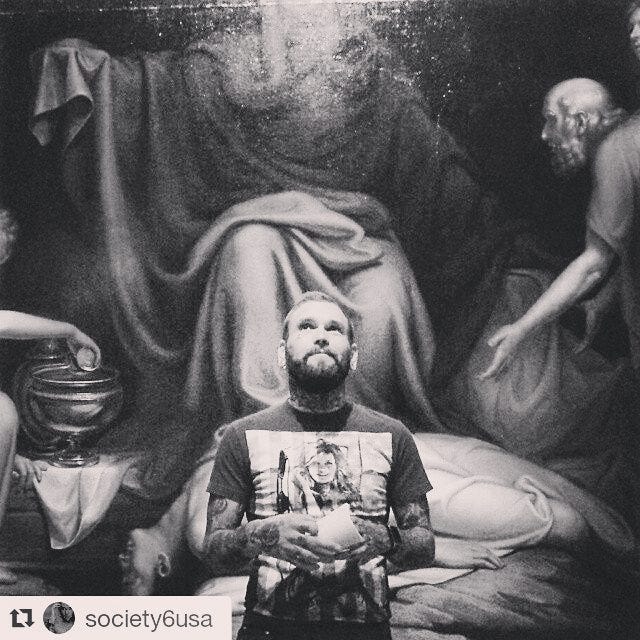From Anxiety to Assurance:
How Questioning My Faith Led Me to True Theology
One day, my dad started having really bad anxiety attacks in church and couldn’t figure out why—until he asked his pastor a simple question about Jesus’ deity: "If Jesus is God, how could He be tempted?" The pastor’s response didn’t defend Jesus’ divinity; in fact, it almost seemed like the pastor didn’t even believe Jesus was God. Words in the Bible can be tricky, but if I tempt someone and they don’t succumb, it doesn’t mean they weren’t truly tempted. It’s not that hard to understand, right?
That led to other theological questions.
Shortly after, during a dinner table conversation, my dad said, "Jesus doesn’t love everybody." I laughed and replied, "What are you talking about? Of course He does—everybody knows John 3:16!" But then he brought up the scripture in Romans about Pharaoh. My stomach sank because he was right—and that was a hard truth for me to accept.
I dove into systematic theology because I needed to get to the bottom of everything. I mean, it’s just my eternity at stake, right? Later, in youth group, the pastor gave the usual spiel about how "God loves and chooses everybody, but we have to choose Him back." For someone like me—struggling with alleged mental illnesses and a voice/entity in my head that wasn’t my own—the idea of being in control of my own destiny was terrifying. I couldn’t even quiet my mind, let alone stop sinning or maintain a relationship with God. These pastors seemed arrogant, speaking only to those who felt capable—not to the broken like me. "It’s not the healthy who need a doctor, but the sick." If my salvation depended on me, I’d be doomed.
That’s when I started noticing the heresies in many church denominations. These weren’t true Christian doctrines—they’d turned faith into a 12-step self-help program.
Years later, after my best friends became Christians, others in our group mocked me, calling me "chosen" because I believed God does the work in us, not the other way around. One friend and I would stay up until 4 AM debating Scripture, annoying everyone else—but those were some of my best moments of growth. He challenged me in ways no boring seminary class could. Like I said earlier, words can be tricky, but looking back, despite apparent contradictions, everything in Scripture fits together perfectly. Now, I don’t even have to question it—it just flows. Systematic theology is like phonics: at first, you sound out words, but eventually, you just know them.
Why does this matter?
Because we’re living in interesting times. When I was around five, my grandmother taught me Protestant theology from her post-WWII perspective. She interpreted the four living creatures as the four Axis powers, and the idea that modern Israel (post-1948) wasn’t the true Israel wouldn’t have even been a question back then—nor for many until recently.
Matthew 24 is making me restudy some things. For the most part, our universal interpretation of eschatology has remained the same. I’ll dive deeper into this once I’ve studied it more thoroughly. I believe God has given me the answer through a dream, but I want to articulate it carefully. There are so many burdensome truths weighing on my heart—things I feel compelled to speak about.
Designed and sold by Daniel Brummitt
#TakeMeToChurch 🕍🕌⛪️ For real 🙌 I think you'll appreciate it this time around. ❤️
https://instagram.com/p/BLmplq6BUXx/
The Journey from Self-Reliance to Spiritual Fulfillment
Many years ago, I made a vow to God that if He took away the thing that was tormenting me, I would tell the whole world about what He did.
Remember Alexia 🔑 🐰 Collection of Posts I wrote regarding #GeneticMemory; #God, #QuantumJumping, Life, and Time.
Life is just a memory, that we play over and over in our mind. Time is so precious, embrace every second of it!
What Greek Orthodoxy and the Charismatic Movement Teach Us About Faith
I never thought I’d find myself reflecting on the strengths of the Charismatic movement, given how much I’ve disagreed with its approach over the years. Yet, as my son delves into Greek Orthodox teachings through Christian YouTubers, I’ve found myself comparing these two vastly different expressions of the faith—and realizing there’s something valuable …









